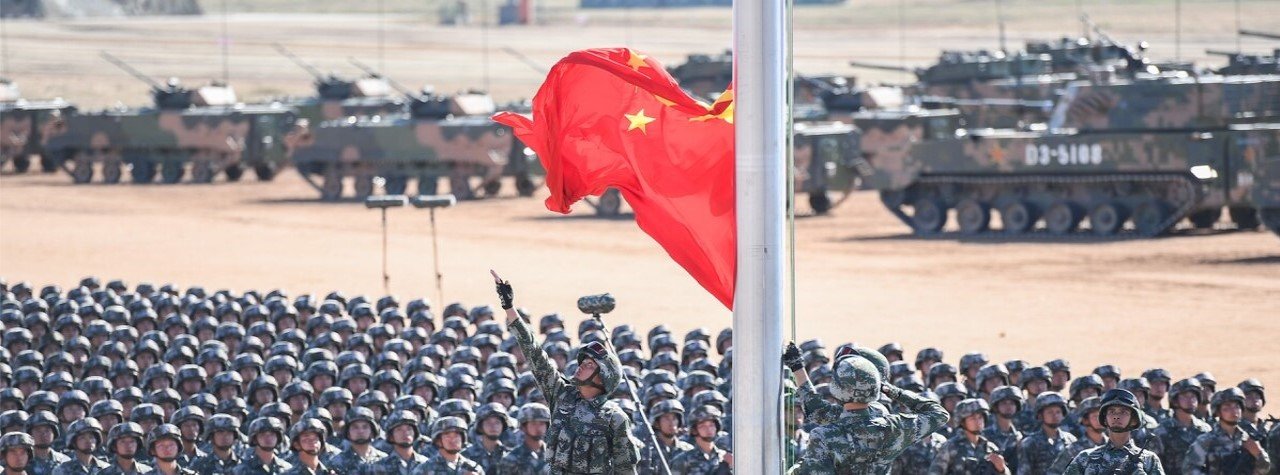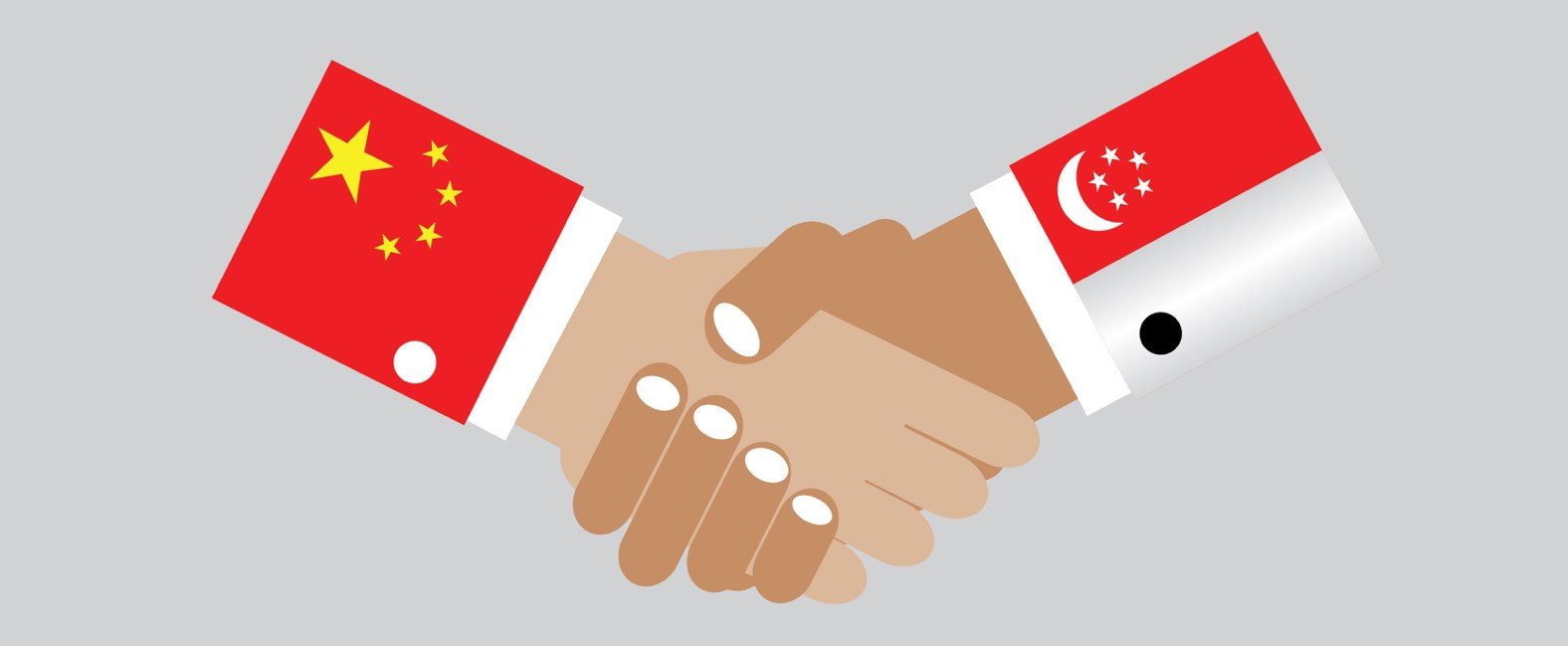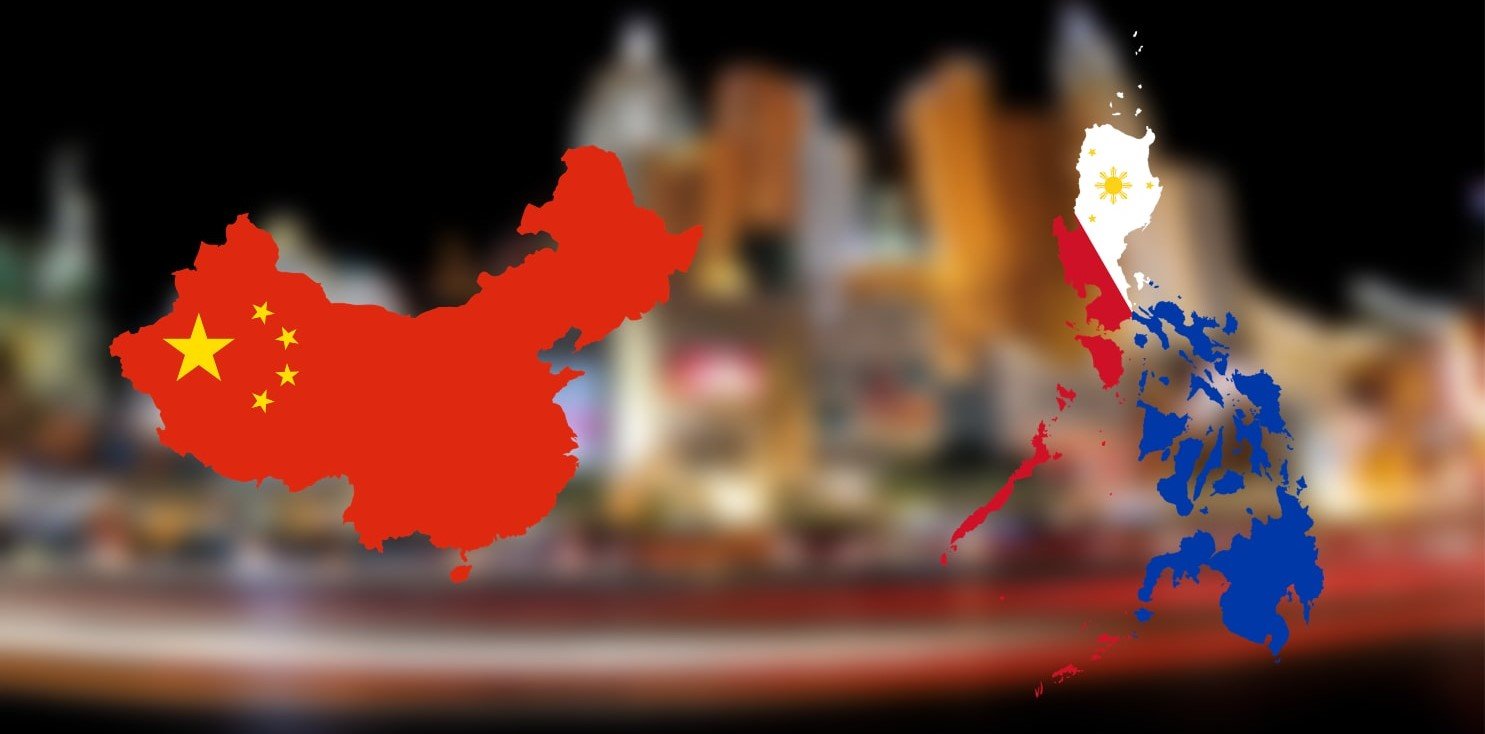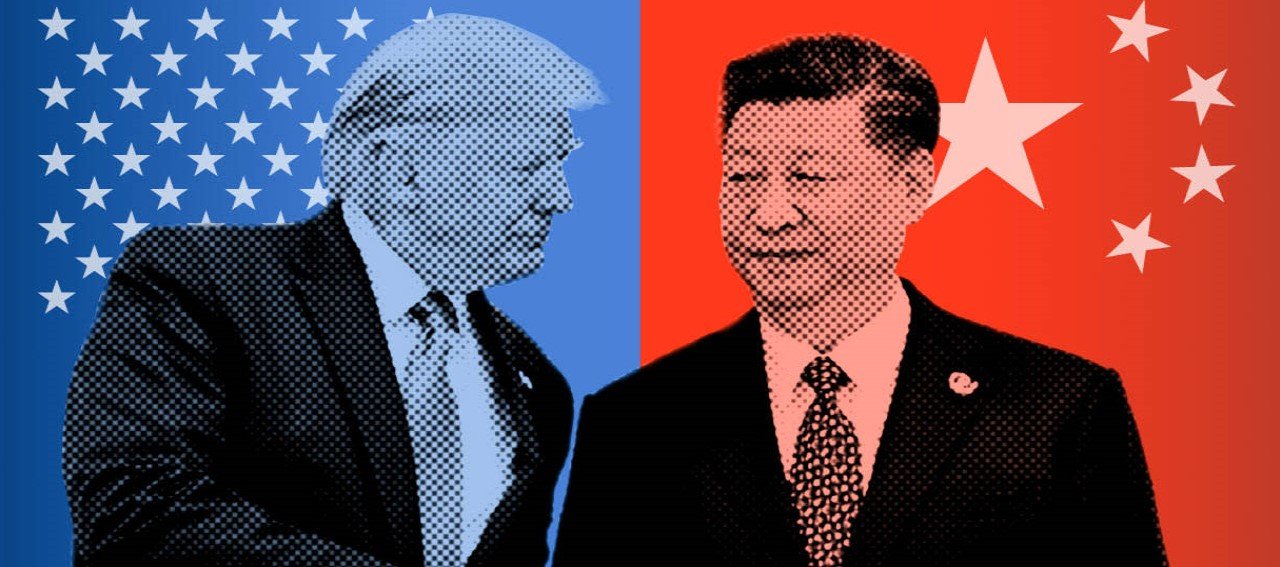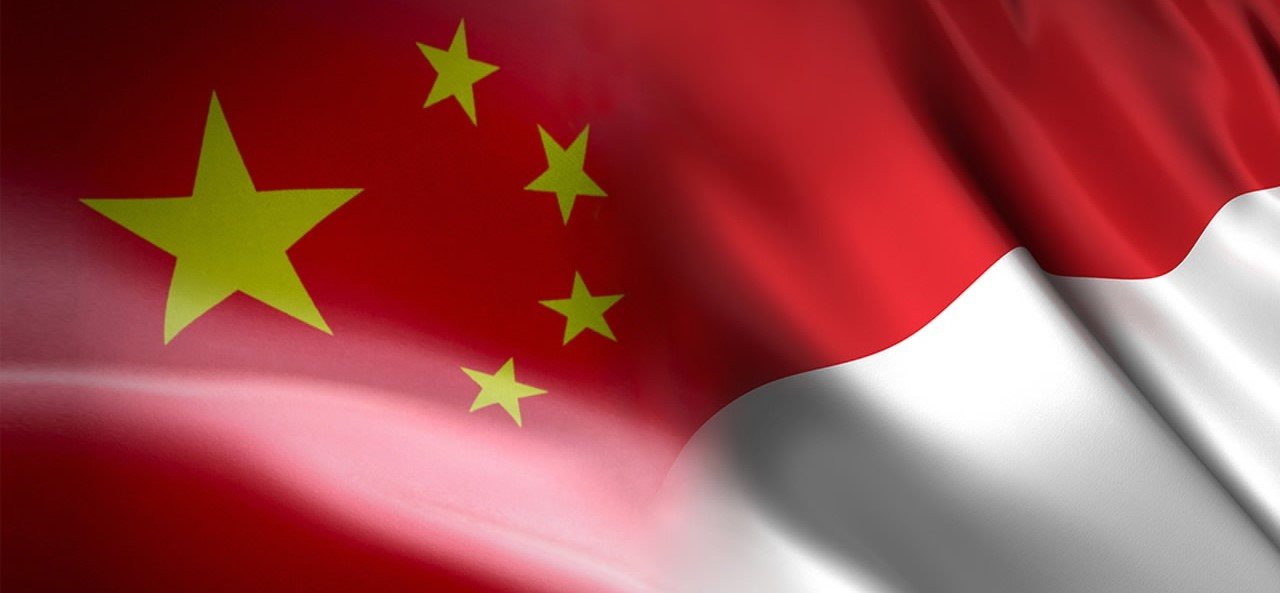We have covered geopolitical entities with a broader scope here on ChinaFund.com (the ASEAN, that you can read about by clicking HERE, and the even broader APEC, analyzed through an article you can access by clicking HERE) and it should be obvious why those are relevant to the average China-oriented investor. What about “narrower” ones
International Relations
Dec
- No Comments
Does China Have Military Allies?
If we were to limit ourselves to putting a superficial perspective on the table, this article could end up being remarkably short, because “no, not really” would be the straightforward answer to the question which constitutes the title of this post. Does China have military allies? No, especially not if we are to see things
Dec
- No Comments
China in the Context of a Regional or Global Military Conflict
We have referred to the military dimension of China every now and then here on ChinaFund.com and have even written an article dedicated exclusively to its military sector, which we would recommend reading before getting started with the current article. As a bit of a “cliff notes” introduction, let’s just say that if we were
Dec
- No Comments
China and the Asia-Pacific Economic Cooperation (APEC) Forum in a Nutshell
In a previous article, we’ve put the Association of Southeast Asian Nations (ASEAN) under the microscope and while it cannot be considered a 100% homogeneous entity, it is… well, homogeneous enough to make analyzing it relatively straightforward. The same cannot be said about the Asia-Pacific Economic Cooperation, established back in 1989 so as to nurture
Dec
- No Comments
China and Latin America: Infrastructure Investments, Sustainability Concerns and the US Variable
We have covered the trade relationships between China and various entities here on ChinaFund.com extensively, but Latin America has been for the most part ignored (other than the fact that Brazil was put under the microscope through our BRICS article). Through this article, it’s time to put an end to that and tackle one of
Dec
- No Comments
China and Singapore: From “Third China” Concerns to Pragmatic Friendship
Right from the beginning, it is worth pointing out that Singapore has always done its best to avoid being labeled as the “Third China” (with the other two being, of course, the People’s Republic of China and the Republic of China – Taiwan) in light of the fact that three of four Singapore citizens are
Nov
- No Comments
China and the Philippines: “Pivot to China” Despite South China Sea Tensions?
According to Pew Research Center data, over 90% of those who live in the Philippines are worried that tensions around geopolitical hot spots such as the South China Sea between China and its neighbors could lead to a military confrontation. And, indeed, the Philippines is a significant variable in the South China Sea equation, with
Nov
- No Comments
China and Isolationism: A Two-Way Street?
The strong Western isolationism trend became brutally obvious in 2016, first with the Brexit vote and later that year with the United States elections. Needless to say, China in general and more specifically the problematic trade balance with China that most Western nations are dealing with have been and still are major talking points. It
Nov
- No Comments
China and Indonesia: ~1.7 Billion Reasons to Find Common Denominators
The #1 country worldwide in terms of population (China) and the #4 nation by the same metric (Indonesia) do indeed have roughly 1.7 billion reasons (their combined population) to engage in economic cooperation and identify common geopolitical denominators. And historically speaking, common denominators abound. The “first meaningful contact” moment between the two entities dates back
Nov
- No Comments
China and the Association of Southeast Asian Nations (ASEAN)
It is close to impossible for China not to have some kind of a relationship with the Association of Southeast Asian Nations (ASEAN, for the sake of convenience) in light of the fact that it shares deep ties with its 10 member states, which range from historical and cultural to more pragmatic geographical and economic




